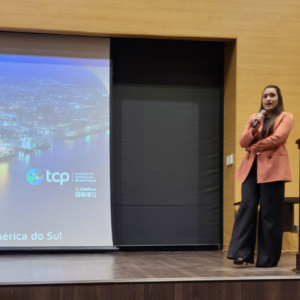The acquisition of RTG cranes is part of a package of investments expected to be made at South America’s largest container terminal
Last month, TCP, the company that manages the Paranaguá container terminal, made official the purchase of 11 RTGs (Rubber Tyred Gantry). The deal is part of a larger series of investments in the infrastructure of the container terminal, currently the largest in South America. The package includes new equipment, an increased capacity to receive and store reefer containers, and new accesses and systems.
Each one of the new cranes has a lifting load of 41 tons under-spreader, 1 over 6 stacking height, and are ergonomically designed with the latest generation of safety prevention system, providing more comfort for operators and overall improved safety. The new RTG are scheduled to arrive by December 2023.
The terminal is controlled by the Chinese group CMPort and the acquisition of the machinery is part of the investment plan, the second batch of 10 RTGs will be ordered by end of 2025 in order to replace the aged RTGs. In addition to the purchase of new RTGs, TCP is now expanding its capacity for reefer containers storage by 43% – currently the largest in Latin America – from 3,624 up to 5,178 plugs, and Renovation of existing Gate will also be implemented with paperless feature of Trucker’s Apps and longer scales for Bi-train trucks to improve the external truck services.
??According to the CEO of TCP, James Cao, “We are committed to strengthening the infrastructure and boosting productivity in response to our customers’ support. As the member of CMPort, our goal is to make TCP a leading player of integrated logistics solutions in South America”.
?Besides being the largest frozen chicken export corridor in the world, TCP is also the container terminal with the largest offer of maritime services in Brazil, with 16 regular longhaul lines. The terminal handled 1.1 million TEUs in 2021 (one TEU represents a 20-foot container), equivalent to 9% of the entire Brazilian annual container handling.
About TCP
Established in 1998, TCP has undergone several cycles of investments in infrastructure and innovation, receiving R$ 1.9 billion in improvements since 2000. At that time, the annual container movement fluctuated around 250,000 TEUs per year, today it exceeds 1 million per year.?
?Since 2018 the terminal is controlled by the China Merchants Port Holdings Company (CMPort) group, considered the largest and most competitive port and terminal operator in China and the world, with more than 50 terminals under control. The current concession for the area lasts until 2048.



